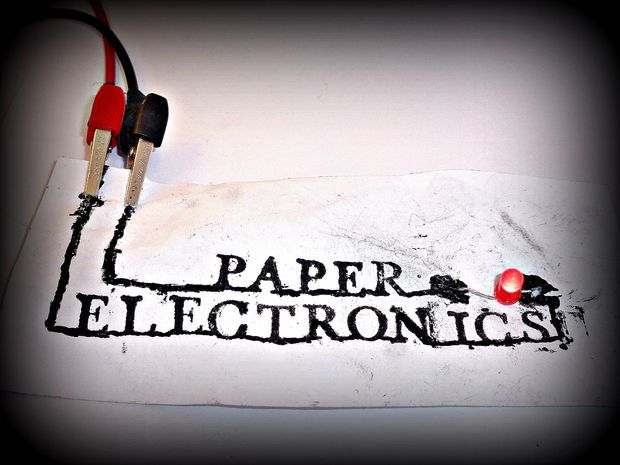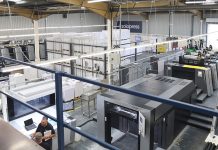The QR code was “declared dead” in 2013. While the poor, misunderstood thing never really lived up to its full potential, advances are still being made in the area of high tech print.
Despite the technological advances of recent years, print is still in hot demand. From business cards to flyers, the presses are running 24-7 to accommodate the needs of businesses, charities and individuals. That being said, consumers are looking for something “more” to make an impression and enhance what they can offer. High tech print offers many opportunities in this regard.

Disclaimer: some of the ideas shared within this blog are in experimental or beta stages and not widely available as yet. But stay tuned!
QR And NFC
I think it’s a shame that the QR code hasn’t really taken off. Despite millions of us being glued to our smartphones throughout the day, not enough people have caught on to how useful they can be. For example, see a film poster while you’re waiting for bus? Scan the QR code and with the combination of geo-tagging you could be directed to buy tickets to see it in your local cinema. Unfortunately, too many people haven’t fully grasped the benefit of QR codes or the actual process of scanning and using them. This has resulted in QR codes being bafflingly displayed on websites or printed in oversized formats and included in digital vinyl car wraps for advertising. Why would anyone scan a QR code when they’re already on the site? Where will it take them to? And why print a massively oversized one on an estate agent’s car? Do you want people to scan it from really far away?
NFC has arguably become more popular, but it’s still seen as more of a novelty than a part of everyday life. Using low-energy, bluetooth signal it can be implemented to extend location based services and offer micro-location based deals in retail shops, enhance fan experiences at concerts or sporting events, or share information in offices or public buildings. A prime example of high tech print, NFC technology can be implemented on posters for location-based services, like remembering where you parked your car in a large lot.
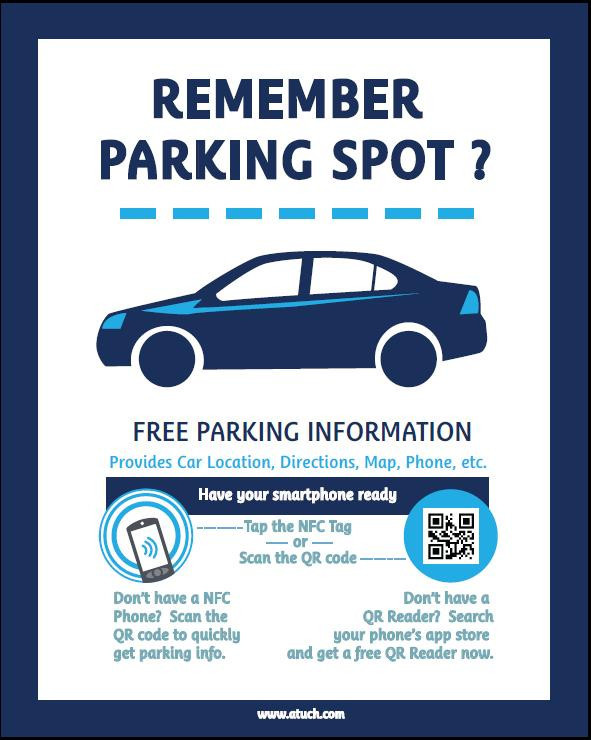
Conductive Ink
Not yet commonplace in print media, but heading that way, conductive ink may be the future of high tech print. It can be used to connect everything from billboards to business cards directly with the digital world. Conductive ink lets anyone who comes in contact with it experience memorable, multi-sensory experiences. Uses of it include posters that play music from the band they’re promoting, flyers that share information with smartphones and coupons that provide exclusive information to valued customers. The future of magazine printing may also lie with conductive ink, which could enhance the way readers peruse each issue. Furthermore, conductive ink can provide an additional level of technological interaction to augmented reality.
London’s Bare Conductive is a design and technology studio that developed affordable electric paint. It can be used on cardstock to paint and draw circuits, and retains its properties even when coated with other material. Using it, we can begin to think of paper as a potential touchscreen; the possibilities are endless.
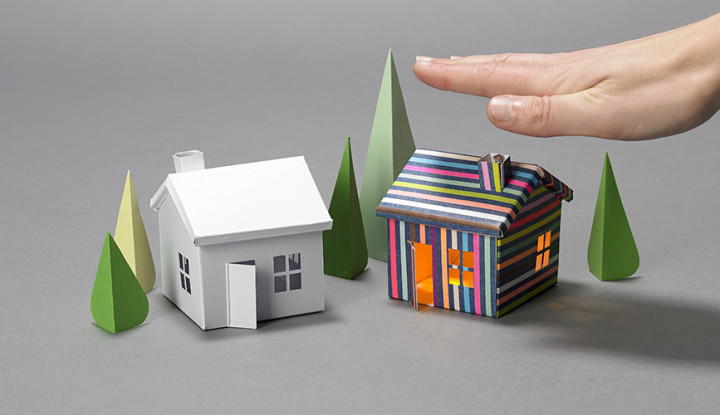
Electronic Print
In Brazil, C&A has used high tech print to bring Facebook inside traditional magazines, thanks to design agency DM9DDB in São Paulo. More of a technological experiment currently, readers pre-registered on Facebook for a special edition of the magazine and it came with a customised electronic chip. As they discovered content within the magazine that they liked, they could physically touch a “like” button that connected to the social network. Hailed as another potential development in the future of print, this electronic development also highlighted social media as a valid retail promotional tool.
TouchBase
A startup from MIT students in America, called TouchBase, uses high tech print that may revolutionise business cards. Each card is printed with conductive ink circuitry, which mimics the electronic signal of a fingerprint. Simply tap the business card against a smartphone screen and it will transfer digital profile data in seconds. Innovative cards like this can also be linked to social profiles or share other information in addition to taking the user to a TouchBase personalised profile.
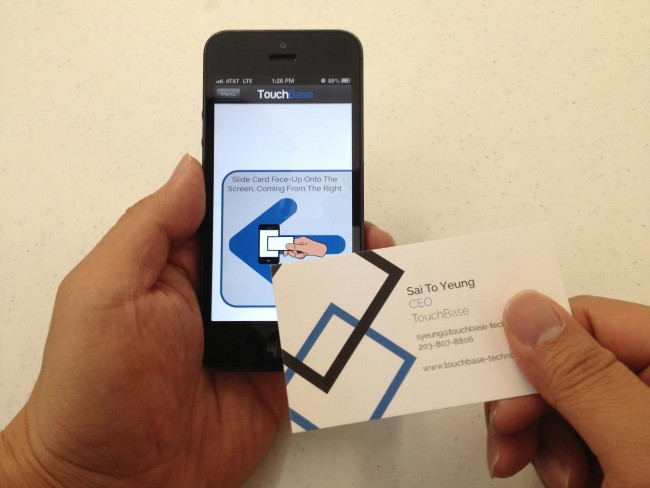
Changing Our Thinking
All of these examples, from the sometimes comedic use of QR codes to conductive ink, prove that the technology, ability and creativity exists to create some outstanding high tech print materials. As they continue to adapt and improve, what also needs to change is the way we as consumers think. Perhaps as more people become used to hearing about developments in high tech print, they’ll start to see it as less of a gimmick and more of a viable and useful tool for enhancing consumer experiences and sharing information.
Get Creative With Your Print
Solopress offer a plethora of bespoke printing options. So if you have a creative and unusual idea in mind, get in touch! Our bespoke team will do their best to work with you and make it a reality.

